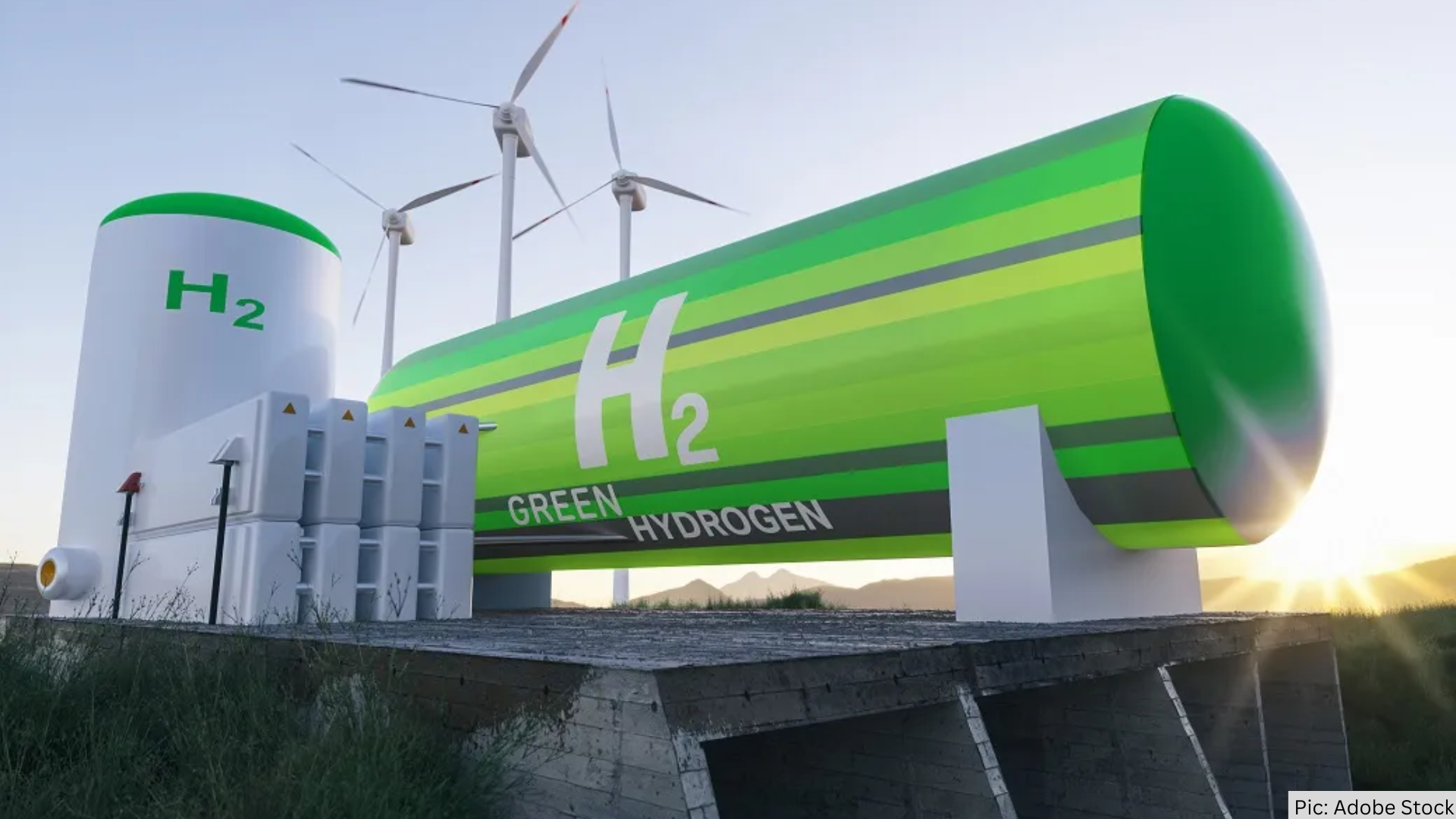
6 Key Takeaways from COP29: Climate Finance, Carbon Markets, and the Road to COP30
27 November 2024
The 29th United Nations Climate Conference (COP29), which concluded in Baku, Azerbaijan, on November 24, 2024, saw over 55,000 delegates discussing urgent climate action. While the summit produced key agreements on climate finance, carbon markets, and the Loss and Damage Fund, it also faced criticism for its financial pledges and the lack of progress in certain areas.
Controversial Climate Finance Deal
A pivotal outcome of COP29 was the climate finance deal, which pledged developed nations would provide at least $300 billion annually by 2035 to assist developing countries. This commitment aimed to address the financial challenges posed by climate change, particularly in vulnerable nations. However, the pledge fell under scrutiny, with critics such as India's Chandni Raina calling it an "optical illusion" that does not meet the actual needs of developing countries.
Environmental groups also decried the deal, arguing it was insufficient given the estimated $1 trillion per year required to meet global climate goals. The figure represents an increase from the original $250 billion proposal but remains far short of what is needed for meaningful climate action.
Carbon Markets Gain Momentum
One of COP29's key achievements was advancing the implementation of Article 6 of the Paris Agreement, creating a foundation for global carbon trading. The agreement finalizes rules for two mechanisms:
Article 6.2: Facilitates bilateral trading of emission reductions between nations, giving countries flexibility to define their own criteria for internationally transferred mitigation outcomes (ITMOs).
Article 6.4: Establishes a global crediting mechanism for projects that reduce or remove emissions.
Although operationalization is still years away, COP29's progress sets the stage for scaling these markets. The Paris Agreement Crediting Mechanism (PACM), which replaces the Kyoto Protocol's Clean Development Mechanism, will oversee these markets once fully functional.
Emerging Technologies
Countries at COP29 reaffirmed the importance of leveraging new technologies like carbon capture, storage, hydrogen, and modular nuclear reactors to decarbonize energy systems. A significant announcement came from the United States, which plans to expand its nuclear capacity by 200 GW by 2050, aligning with the global commitment to triple nuclear capacity by mid-century.
Global Geopolitical Tensions Complicate Progress
The summit was not without controversy beyond the climate deals. Notably, Argentina withdrew from COP29 after its President, Javier Milei, expressed anti-climate sentiments, adding fuel to the ongoing debate about climate action in the context of political ideologies. Additionally, France boycotted the summit due to accusations from Azerbaijan regarding human rights violations in the French territory of New Caledonia. These absences highlighted the geopolitical tension surrounding global climate negotiations, further complicating efforts to reach a unified stance.
Loss and Damage Fund Fully Operational
A breakthrough at COP29 was the full operationalization of the Loss and Damage Fund, a mechanism created at COP27 to help developing nations that are disproportionately impacted by climate change. The fund, with initial financial commitments of over $730 million, will begin dispersing funds for climate adaptation and mitigation efforts starting in 2025. The successful operationalization of the fund marks a critical moment for climate justice, with the promise of direct financial support for countries that have long suffered from the effects of climate change.
Looking Ahead to COP30 in Brazil
As the climate baton passes to COP30 in Belem, Brazil, expectations are both high and urgent. COP30 is being positioned as the "COP of COPs," with high expectations for decisive climate action. Brazil's Minister of Environment and Climate Change, Marina Silva, highlighted the urgency of the summit, stating, "There is no more time to lose. Our objective will be to do what is needed to keep 1.5°C in reach."
However, Brazil's plans to expand fossil fuel production have raised concerns about the country's ability to align its climate goals with its energy policies. Critics argue that balancing the need for climate action with fossil fuel reliance could create significant challenges in achieving global climate targets.
Brazil's climate envoy, Ana Toni, has committed to prioritizing a “just transition” away from fossil fuels at COP30. The summit is expected to focus on finalizing frameworks for emissions reductions and securing stronger commitments to renewable energy, addressing both the urgent need for climate action and the social and economic impacts of the transition.
Conclusion
Although COP29 achieved significant progress in some areas, the criticism surrounding the finance deal, the gaps in carbon market mechanisms, and the geopolitical challenges that emerged underscore the ongoing difficulties in achieving global consensus on climate action. As attention shifts toward COP30 in Brazil, there is mounting pressure on leaders to address these gaps, set more ambitious targets, and ensure that developing countries receive the financial and technical support they need to transition to sustainable economies.


